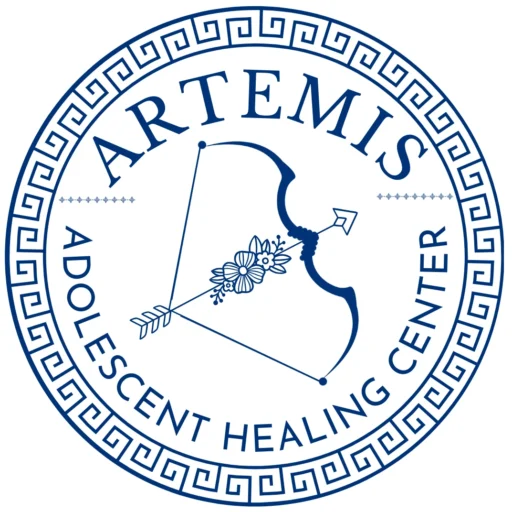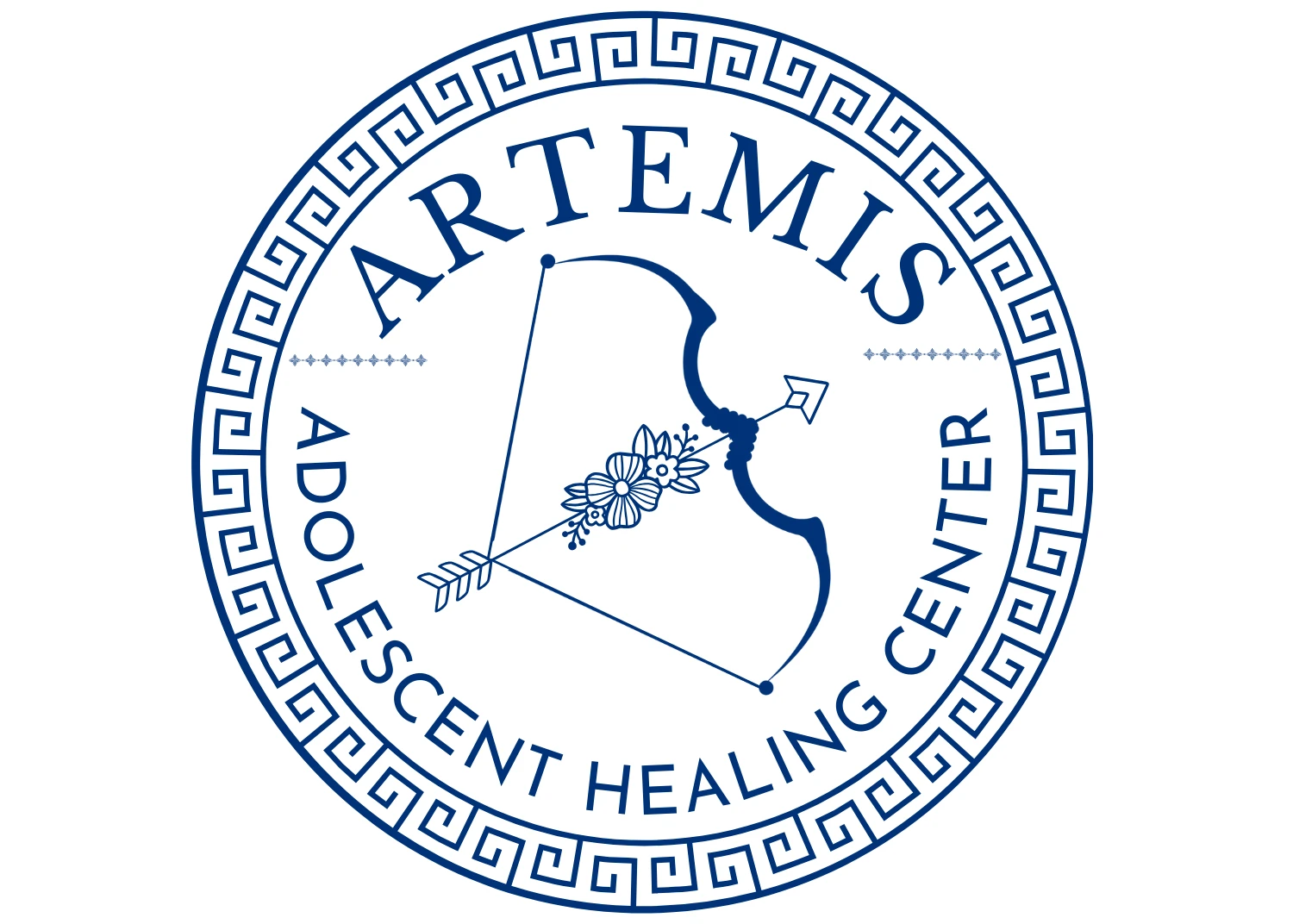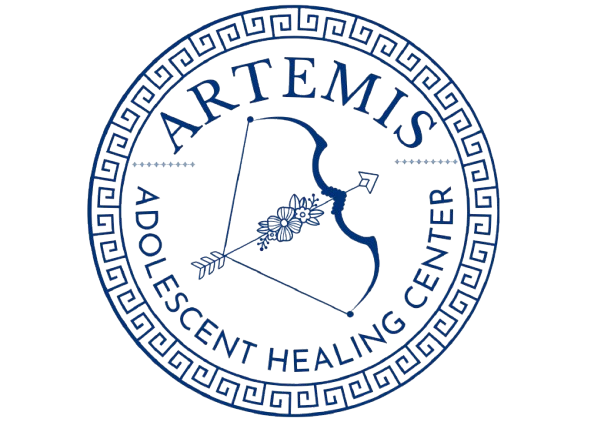Find Eating Disorder Treatment and Recovery at Artemis
An eating disorder can disrupt every part of life. Teen anorexia treatment is critical to intervene when this issue arises and help the young person get back on track.
There tends to be a stigma around anorexia nervosa, and as a result, it is not talked about openly in many circles. This can make it harder to overcome the eating disorder as many feel like they are going through the situation alone.
On this page, we’d like to dive into the details of what anorexia nervosa is and why it’s so harmful.
And as you read, please remember that eating disorder treatment is available at Artemis Adolescent Healing Center. Call today for the help that you or a loved one needs to confront this eating disorder as soon as possible.
Get Confidential Trauma and Mental Health Assessment
What is Anorexia?
Anorexia nervosa is a potentially life-threatening eating disorder. Individuals with anorexia nervosa often feel an extreme fear of gaining weight. They may also have a distorted body image and will often restrict their food intake severely. This restricted diet can lead to a number of health problems.
Extreme measures are sometimes taken by individuals with anorexia nervosa to maintain their desired weight and body image. Self-induced vomiting is commonly associated with this eating disorder but that’s only one of many possible actions. Others include excessive exercise and the misuse of laxatives.
Mental health conditions commonly lie at the heart of anorexia nervosa. Dealing with mental health challenges is a big part of the treatment for this eating disorder and will be necessary to establish lasting recovery.
Signs and Symptoms of Anorexia in Teens
Anyone dealing with anorexia nervosa should seek treatment. That’s especially true for teens whose bodies are still growing and developing. Improper nutrition at this stage of life can have lasting consequences that are difficult to overcome.
Parents or other loved ones who are concerned about the health of a teen may want to watch for the following signs and symptoms of an eating disorder.
- Extreme weight loss or inability to maintain a healthy weight
- Making statements about concerns over gaining weight or becoming fat
- Persistent dissatisfaction with appearance
- Severely restricting calorie intake and following strict dieting rules
- Excessive exercise, especially after eating more food than usual
- Withdrawing from social activities that involve food, such as dinner with friends or family
- Irritability, anxiety, and depression
The presence of some of these signs does not confirm an eating disorder. They are concerning, however, and should be addressed to get to the bottom of the matter. Mental health conditions often underlie anorexia nervosa and may need to be treated before the eating disorder itself can be corrected.
Teen Anorexia Risk Factors

Anorexia nervosa is a condition that can affect any teen. It is more common among teens who have one or more of the following risk factors in place, however.
- Family history. Teens who come from a family with a history of eating disorder issues are more likely to experience this problem than those with no history of binge eating and other related issues.
- Low self-esteem. Young people with low self-esteem may struggle to avoid anorexia nervosa. They may see pursuing the “perfect” body weight as a way to improve their image and their appeal to others.
- Peer influence. Groups of teens can perpetuate the importance of low body weight among themselves, leading many members of the group to need eating disorder treatment. This can work in a downward cycle that harms everyone involved and takes a toll on mental health.
- Trauma or stress. The impact of traumatic experiences can lead to anorexia, or make it worse. Some teens will feel like their body image is something they can control when everything else feels out of control and beyond their reach. Getting proper treatment for those traumatic experiences is important to make the outcome of anorexia less likely.
Parents who understand both the risk factors and the warning signs and symptoms will be able to effectively monitor their teens and step in when anorexia may be developing.
The Dangers of Untreated Anorexia
There are severe and long-lasting effects that can come with an eating disorder like anorexia. Getting eating disorder treatment as soon as possible is critical to help a teenager in this situation get their life back on track.
Part of the concern is that the impacts of untreated anorexia reach every different part of life. This is not just about nutrition. It’s about overall health and well-being in both the short and long term. Treating eating disorders can be challenging but it is an important process to go through if the teen is going to have a bright outlook for the future.
Physical Health Risks
Let’s start by talking about the physical health risks of anorexia. Nutrition plays an important role in human health and individuals struggling with anorexia rarely get the nutrition they need to remain healthy.
Vitamin deficiencies are one of the big issues that teens with this condition encounter. There is also a weakening of the immune system to worry about, which can cause regular, ongoing illnesses.
It’s common for teens with anorexia nervosa to be dehydrated and have electrolyte imbalances. In more severe cases, heart problems can develop and organ failure can become a concern.
The health harms of anorexia will only accumulate over time. The longer a teen goes dealing with this condition, the worse the outcomes are likely to be.
Psychological and Emotional Consequences

The damage that is done by an eating disorder goes far beyond the physical implications. If you have a teen that you are worried may be battling anorexia, the emotional challenges can be just as significant as the physical ones.
You can start with the elevated risk of anxiety and depression. Record numbers of teens are dealing with these issues today anyway, and a teen with anorexia is even more likely to encounter these mental health obstacles.
It’s also possible that you will notice extreme mood swings in your teen if anorexia is a problem. The teen may seem happy and well-adjusted one moment, only to lose control over their emotions the next. You might also observe that your teen is having trouble concentrating and may jump quickly from one thing to the next.
As with the physical damage that anorexia can do, the mental harm can accelerate and worsen as time passes. Significant social withdrawal may be seen and the teen could start to become isolated from friends and family members.
Sadly, suicidal thoughts and an elevated risk of self-harm are also present in teens with anorexia. This is a very serious situation and eating disorder treatment is needed as soon as possible to make a tragic outcome less likely.
Get Accredited Treatment Programs at Artemis
Impact on Daily Life and Well-Being
It’s clear by now that the physical health complications and mental health challenges associated with anorexia are hard to overstate. Even setting those aside for a moment, we can see that there are other ways that daily life can become harder to enjoy while this condition is in place.
Teens with anorexia will often see their grades in school quickly decline. Issues like poor focus and emotional highs and lows make it hard to keep up with schoolwork and perform well on tests.
Athletic activities will also be affected. It’s difficult to perform well in a sport – or even participate at all – when dealing with the serious physical complications that anorexia presents. Teens battling anorexia in private may want to drop out of sports or may struggle to keep up on the field or court.
The decline in self-confidence that usually comes with anorexia can make mundane, daily situations much more difficult to manage. Every interaction that the teen has with other people will be colored in some way by this condition.
Only after receiving anorexia nervosa treatment and working with a mental health professional will the young person be likely to get back to a normal lifestyle.
Starting on the Path to Recovery from Disordered Eating

The picture we have painted of anorexia is pretty grim. This eating disorder causes harm throughout every area of life and it is difficult to see a young person you love going through such an experience.
But that does not mean all hope is lost. Not at all. Through professional eating disorder treatment and consistent support from all directions, your teen can overcome this challenge and open up a bright new future.
It is important to make sure this treatment starts as soon as possible. Every day that passes with the teen dealing with anorexia is another day of damage that has to be undone. It’s never too late to pursue treatment, but it’s always best to start that treatment immediately.
Taking a Holistic Approach
Eating disorder treatment should be aimed at healing the whole person. Programs that are solely focused on the specific issue of anorexia may miss important mental disorders or other factors that are contributing to the big picture of the eating disorder.
Holistic treatment includes elements of medical, psychological, and nutritional support. This is about more than just teaching the teen how to eat properly. It’s about building a healthy relationship with food and their bodies. And it’s about creating a platform of self-confidence and positive mental health that makes it possible to embrace new nutritional habits.
Think of it as treating not just the symptoms of anorexia, but also the causes. Where did this eating disorder come from? What changes need to be made to prevent a relapse in the future? Only if those matters are addressed properly will the teen be likely to achieve the lasting recovery that everyone is hoping to see.
Building a Healthy Relationship with Food
People with anorexia do not have a healthy relationship with food. That applies to teens just as it applies to people of all ages. Changing that relationship will be one of the fundamental challenges faced in the treatment process.
There is a fear associated with food in the minds of teens with anorexia. They are afraid that eating the wrong things will make them gain weight. Or that eating just a little too much of anything will lead to the same outcome. Food is seen as the enemy rather than as vital nutrition.
Nutritional counseling in the treatment process can help to adjust this damaged relationship. Teens can develop healthy eating habits that meet their nutritional needs while understanding proper portion sizes. With time and effort, the restrictive eating patterns that mark anorexia can be broken down and healthier habits can be put in their place.
Various Therapeutic Modalities
There are a number of different therapy options that might be utilized on the path to overcoming anorexia. If your teen enters a treatment program to address this condition, some of the following techniques may be employed.
- Cognitive behavioral therapy. Also known as CBT, this technique is great at helping people change their distorted, negative thoughts and replace them with a more balanced, accurate view of the world.
- Family-based treatment. Involving parents and other family members in the treatment process can help build a foundation for lasting success. The recovery process from adolescent eating disorders is a team effort.
- Group therapy. Many breakthroughs in eating disorder treatment come as a result of group therapy sessions. These sessions allow teens to connect with others who are in a similar situation and learn from their experiences.
- Individual therapy. This is where specific emotional issues will be uncovered and coping skills will be developed. An improved ability to manage stress and anxiety can grow out of the time spent in individual therapy.
Long-Term Care for a Healthy Future

Recovery from anorexia is not a process that has a finish line. The first step is breaking the pattern of anorexia and building some healthy eating habits that are supported by improved mental health. It’s a great accomplishment to take those steps, but the journey is really only beginning at that point.
Long-term recovery will require continued support, lifestyle changes, and a selection of coping strategies. The foundation is built during the initial treatment process but it’s likely that other treatments will be needed as time passes to stay on the right track.
Aftercare programs are an excellent way to keep the life of a young person recovering from anorexia on track. There are many different types of aftercare, including periodic therapy sessions, wellness activities, group therapy, and more. Staying connected to the recovery community makes it more likely that a return to anorexia in the future will be avoided.
Up To 100% of Rehab Costs Covered By Insurance
Receive Immediate Care from Our Professional Team
Overcoming anorexia nervosa is absolutely possible. That doesn’t mean it will be easy. Get eating disorder treatment from the professionals at Artemis Adolescent Healing Center to put a partner on your side for this journey.
Building healthy eating habits can start today. It might be difficult to pick up the phone and make this call, but it will be one of the most important choices you ever make. Our entire team looks forward to serving you and setting the stage for a bright future for your teen.






